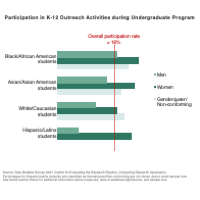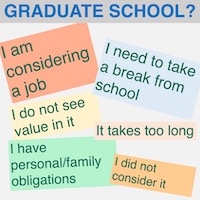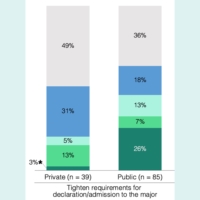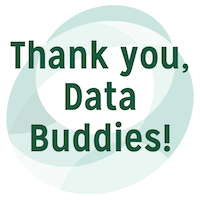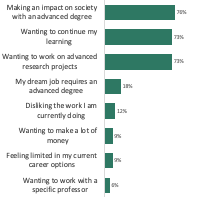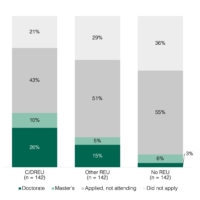
Snapshot Results from the CRA-WP Career Mentoring Workshops
Career Mentoring Workshops are designed to support individuals in early and mid-career stages. Evaluation results indicate that after the workshop, as compared to before the workshop, participants were more likely to report they knew people to whom they could go to for guidance on how to advance their career.



